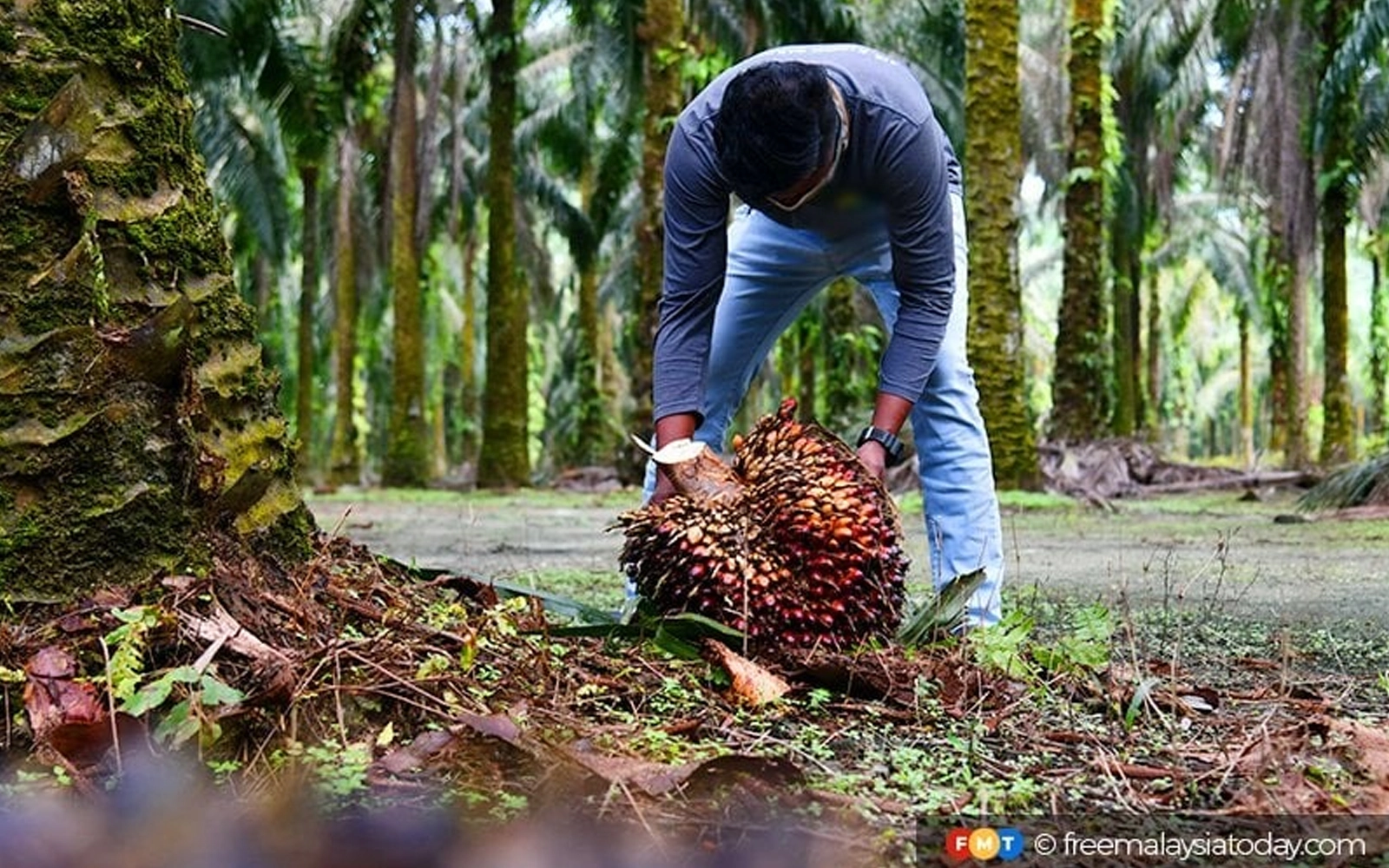
KUALA LUMPUR: Plantation and commodities minister Johari Ghani says Malaysia should not have filed a complaint against the European Union’s (EU) refusal to classify palm oil biofuels as renewable energy when Indonesia has already filed one of its own.
Johari said Indonesia submitted its complaint 13 months ahead of Malaysia’s, but later suspended its case and left Malaysia as the sole complainant.
“Today’s decision by the World Trade Organization (WTO) shows no clear winner, with 20 issues involved. Ten favoured the EU and 10 favoured Malaysia,” he told the Dewan Rakyat today.
“However, many people out there may not fully understand this issue, creating the impression that Malaysia’s palm oil is worse than Indonesia’s.”
Johari said Malaysia should have supported Indonesia’s complaint and provided assistance, given Indonesia’s significant role in the biodiesel industry.
“Indonesia is one of the world’s major biofuel producers, with palm oil methyl ester (PME) being a key biofuel component there,” he said.
“In 2023, an estimated 25.2% or 12.2 million metric tonnes of Indonesia’s crude palm oil production was processed to produce PME, compared to Malaysia’s 1.4 million metric tonnes, with only 134,000 metric tonnes used for biodiesel.”
Johari was responding to Teresa Kok (PH-Seputeh) on whether the WTO’s decision to reject Malaysia’s appeal against the EU’s rules on palm oil-based biofuels would still allow the bloc to enforce the Delegated Act, and whether Malaysia possessed the expertise to change the EU’s policy.
Under the Delegated Act under EU RED II, palm oil is categorised as having a high indirect land use change (ILUC) and will be banned as a biofuel source, with a full phase-out by 2030 if the ILUC rate remains high.
Earlier this month, it was reported that Malaysia’s complaint against the EU’s refusal to classify palm oil biofuels as renewable energy had “largely failed”.
However, FMT reported Johari as saying that Malaysia still won several “important elements” of its dispute.
In the Dewan Rakyat, Johari said the ban lacked transparency and scientific credibility and violated the principles of free trade under the WTO.
Proactive engagement needed
He also said that proactive and early engagement is required to secure international acceptance of local palm oil products with Malaysian Sustainable Palm Oil (MSPO) certification.
Currently, palm oil exporters possess two certifications, by the MSPO and Roundtable on Sustainable Palm Oil (RSPO). While the RSPO enjoys international recognition, the MSPO’s recognition varies among different countries.
“I believe that our standard is superior to RSPO’s because it covers a wide spectrum of all our plantations, including all holders, not just large estates,” Johari said when responding to Bakri Jamaluddin (PN-Tangga Batu) on how the MPSO and RSPO could help address boycotts from Europe.
“From the outset, when new regulations like the European Union Deforestation Regulation are introduced, that’s when we need to engage.” - FMT



No comments:
Post a Comment
Note: Only a member of this blog may post a comment.